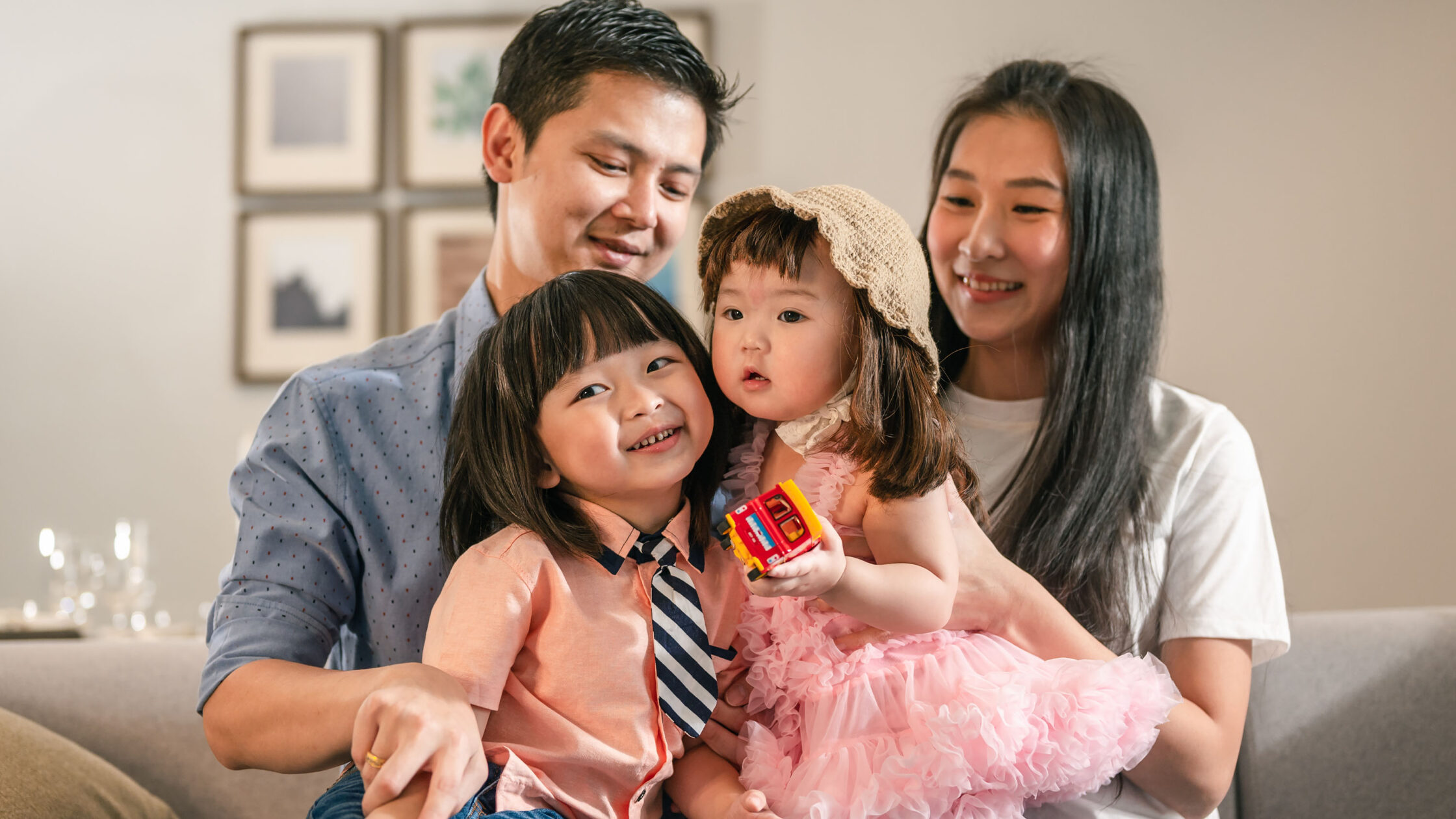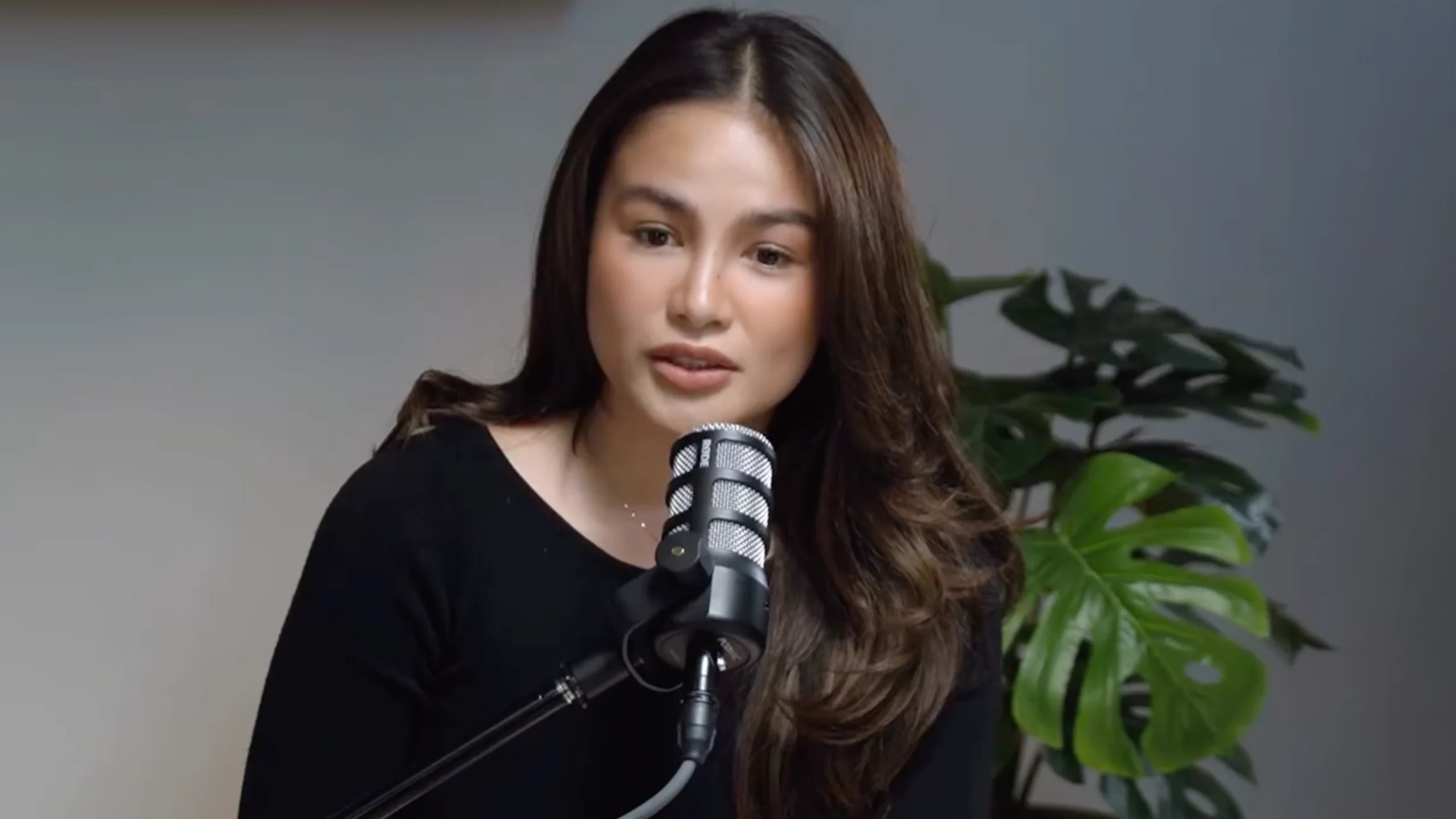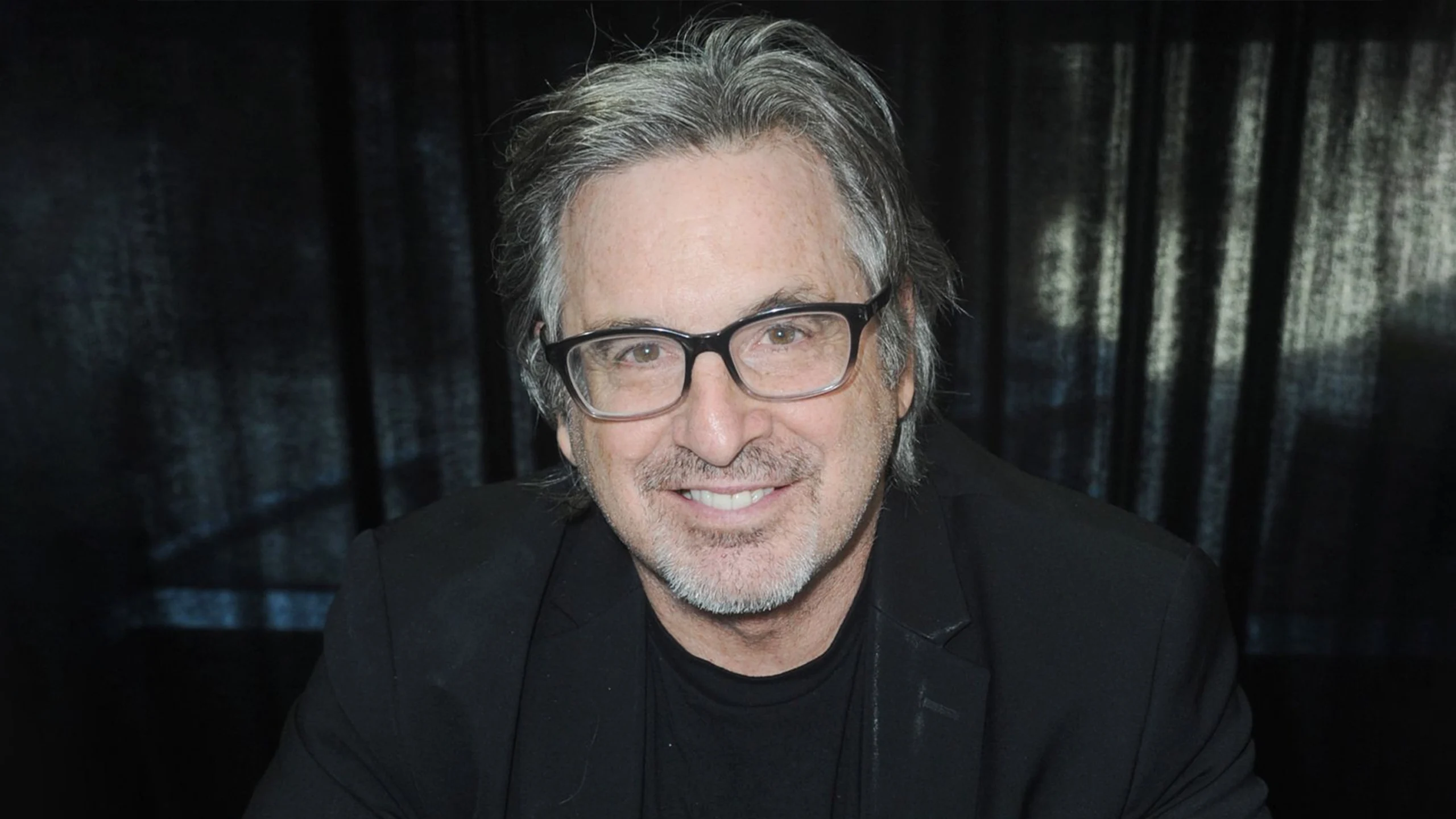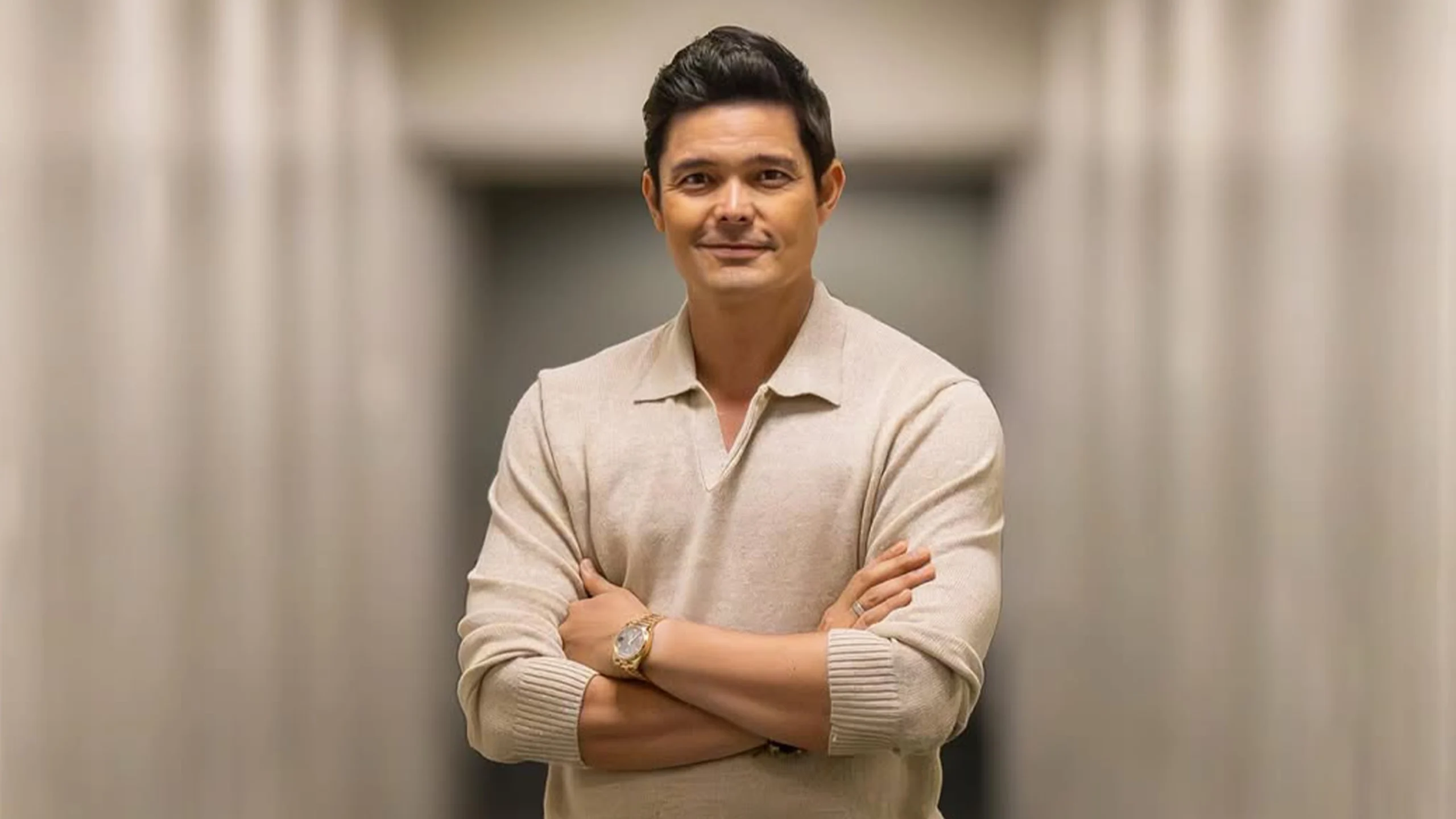How Parents’ Relationship With One Another Affects Their Child’s View On Love
Each loving moment or moment we fight as parents affects how our children see love and relationships.
Everything kids know about the world comes from their parents — including their view on relationships. Their approach or understanding is built on how we treat ourselves and our partners. Every tender moment or fight becomes their basis on how they should treat other people, themselves, and whether or not they’re good enough to have a relationship. Even if they’re not directly involved!
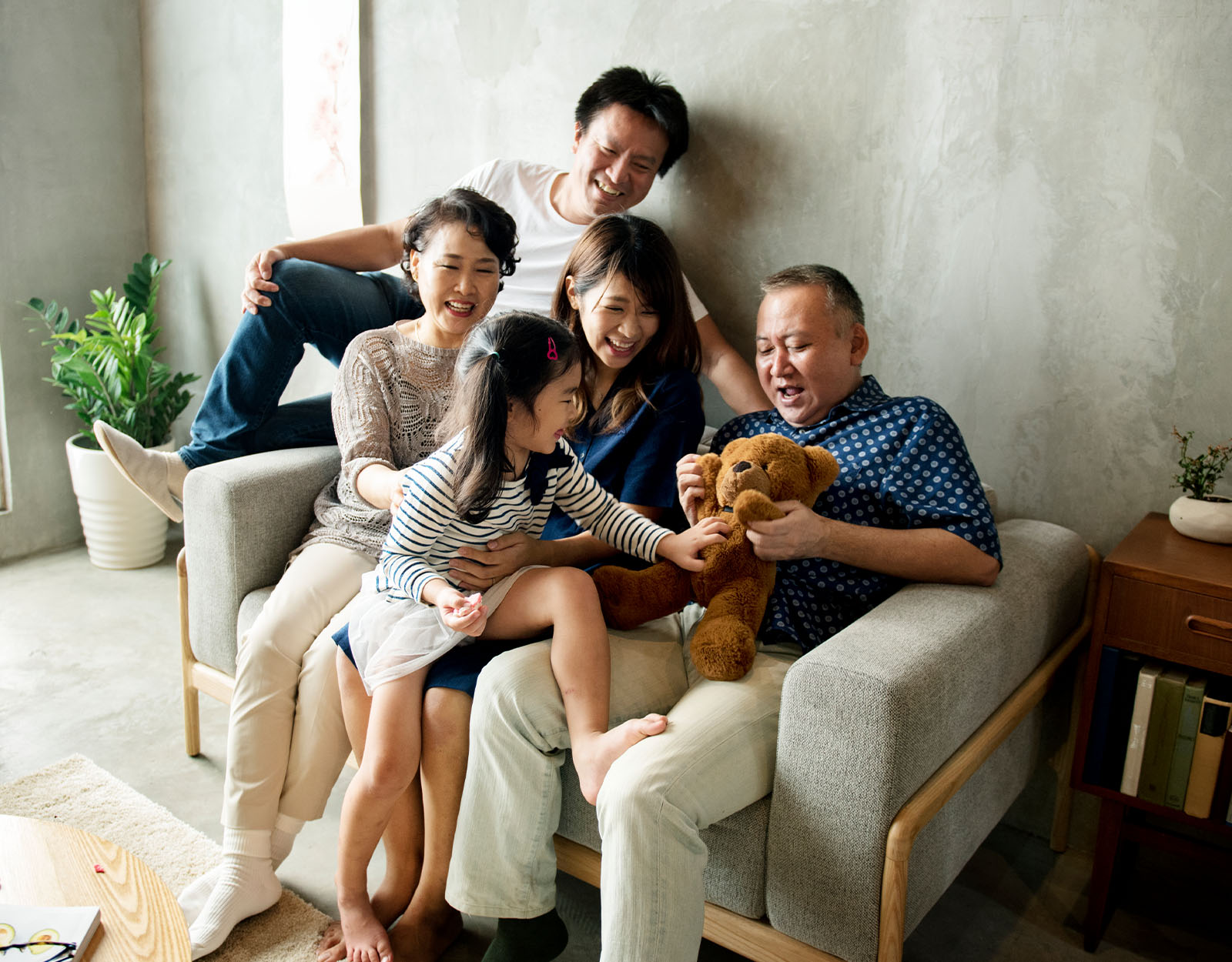
Love is a lesson learned from others
Kids learn most things by example, not usually by listening. They watch, observe, and make their own meanings out of it. We call this kind of learning modeling or social learning, which was coined by Albert Bandura in 1977. Observing people and how they handle situations becomes their “guide” on how to respond should they encounter a similar instance (Bandura and Walters, 1977).
That includes how we love and fight also!
It also works conversely: abuse is a behavior they can learn from others
Although some have a higher proclivity to become abusive if they have personality disorders, most abusers are made, not born. Most abusers come from homes where parents mirror that kind of relationship; when they were children, they watched their parents hurt one another (Al-Qaisy, 2007).
Sometimes, children too become the target when the abuser realizes that they can’t get the thrill of power and control from their usual target (Middleton, Sachs, and Dorahy, 2017). While it’s easy to draw the line between physical abuse and playful pokes, emotional abuse has no absolute boundary. Since it leaves no visible mark, most kids grow up in emotionally abusive households without realizing it.
When can we tell it’s affecting our kids?
Some of the short-term effects of an inconsistent or abusive relationship include low grades in school, frequently getting sick, or becoming extra irritable. If the parents are too focused on the fight then, sometimes, they neglect the kids’ needs. In worse cases, the children become the “weapon” if the fight gets too toxic. To prevent this, parents unknowingly “alienate” themselves from their kids (Kruk, 2018).
However, the long-term effects become more obvious when they mature into adolescence or adulthood. But there’s no cookie-cutter outcome for emotional abuse either. Some children who grew up in emotionally abusive or constricting households may not find themselves in the same relationship as their parents (Al-Qaisy, 2007).
Instead, they are unable to establish their boundaries and seek constant approval to avoid further anguish (Norman, Byambaa, De, Butchart, Scott, and Vos, 2012). They also withdraw and develop an unnatural level of detaching and, “kill” one’s emotions to prevent further emotional damage. Their emotional vigilance is also superhuman, appearing highly anxious (Al-Qaisy, 2007).
There’s a popular theory psychoanalyst Sigmund Freud also coined: a child would often find a partner who has similar attributes and traits to the parent. They do so because there’s a similarity, even if it’s abusive (Leahy and Chopik, 2021). Although we can scream at them that we don’t like their new partner, they’re more prone to still picking them because they’ve seen that in our relationships.
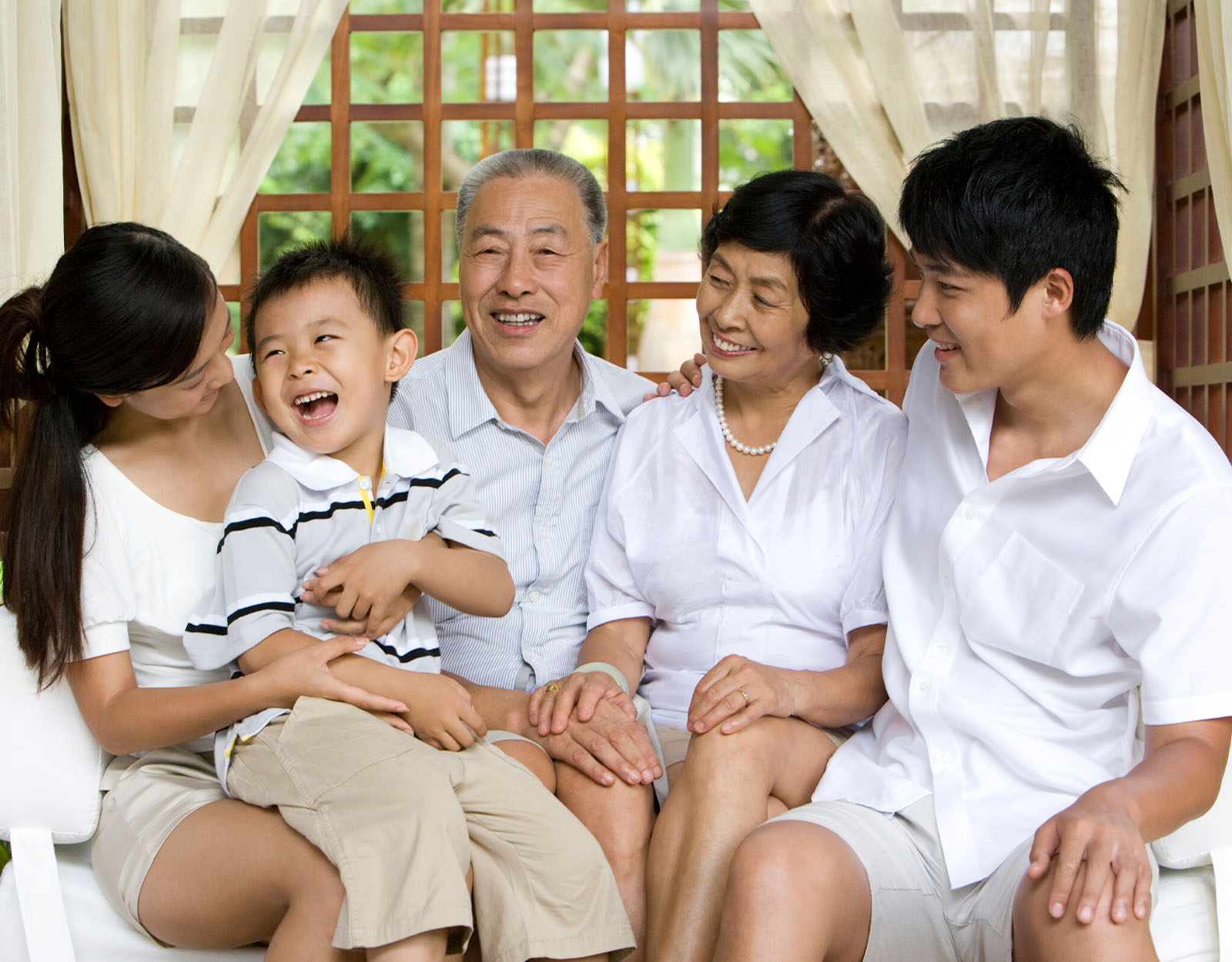
Can we reverse the damage?
It’s possible to reverse the damage but it’ll take some time on both the kids’ and parents’ parts. With the kids involved, it’s a two-step process wherein the healing has to also come from us as the parents. That means we’ll have to investigate a lot of unprocessed and invalidated feelings. We pushed our feelings down to soldier on to address our kids’ needs, not realizing that those repressed emotions were the ones hurting them.
We didn’t have to take it all out on them in one go. Sometimes, it leaks out. But that’s why some psychologists and counselors specialize in being the “arbiter” in relationships. Seeing a marriage counselor also isn’t the only way; sometimes, we just need a little time away from one another to settle our feelings. Just make sure to assure the kids that none of our fights with our partners was their fault.
Telling them that will go a long way. And even if the apology for creating an emotionally volatile household comes in quite late, it’s better late than never.
References
Al-Qaisy, L. (2007). Impacts of physical and psychological abuse of children on family demographic variables. Journal of Social Science, 3(4), 232-236.
Bandura, A., & Walters, R. H. (1977). Social learning theory (Vol. 1). Prentice Hall: Englewood cliffs.
Kruk, E. (2018). Parental alienation as a form of emotional child abuse: Current state of knowledge and future directions for research. Family science review, 22(4), 141-164.
Leahy, K. E., & Chopik, W. J. (2021). Proof of concept and moderators of transference processes in an online setting. Collabra: Psychology, 7(1), 24720.
Middleton, W., Sachs, A., & Dorahy, M. J. (2017). The abused and the abuser: Victim–perpetrator dynamics. Journal of Trauma & Dissociation, 18(3), 249-258.
Norman, R. E., Byambaa, M., De, R., Butchart, A., Scott, J., & Vos, T. (2012). The long-term health consequences of child physical abuse, emotional abuse, and neglect: a systematic review and meta-analysis. PLoS medicine, 9(11), e1001349.
More about parents and their relationships?
Danica Sotto-Pingris Shares Message to Children of Separated Parents
Love Lessons Parents Can Share from Daniel Padilla and Kathryn Bernardo’s Breakup
Why Geneva Cruz Still Believes in Love Despite Two Failed Marriages
